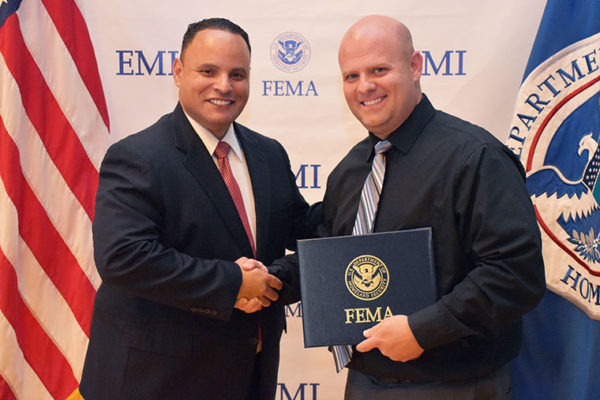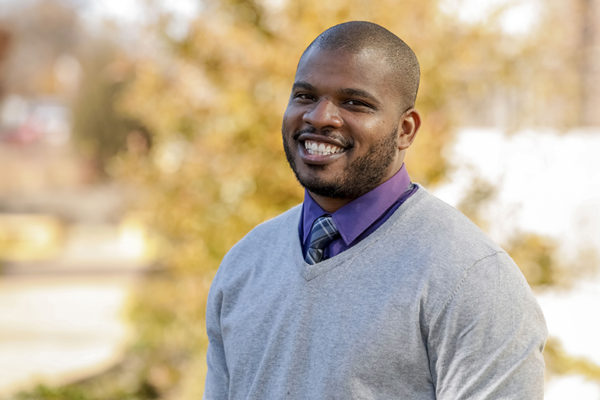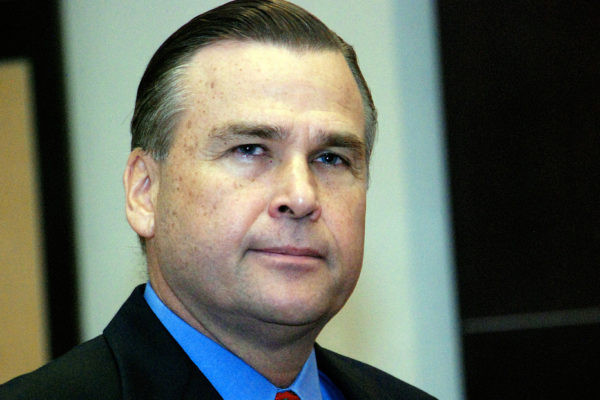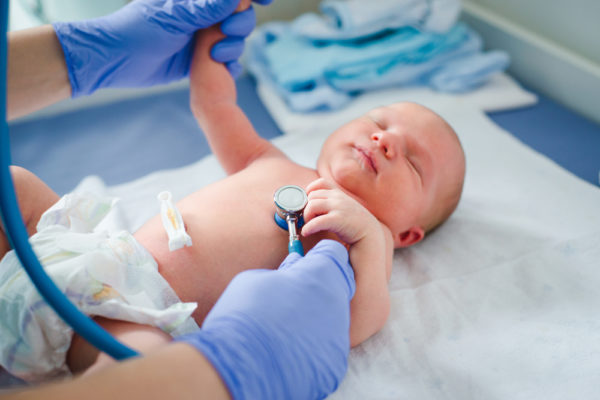Emergency management director graduates from FEMA academy
Ty Davisson, Washington University in St. Louis’ emergency management director, graduated from the Federal Emergency Management Agency’s prestigious National Emergency Management Executive Academy on Aug. 30.
Who Knew WashU? 9.19.18
Question: Barry Commoner, who was a university biologist and leader in the environmental movement, helped conduct the St. Louis Baby Tooth Survey, begun in 1958. How many teeth were collected in that effort?
The black man who survived education
We don’t need any more educators telling young black boys who haven’t even been given a chance that they don’t have what it takes to succeed.
Senior housing communities lead to lower level of hospitalization
Over time, older individuals who live in senior housing communities were found to be less likely to have high levels of hospitalization, finds a new study from the Brown School at Washington University in St. Louis.
Cicero receives Pioneer Award
Theodore J. Cicero, the John P. Feighner Professor of Psychiatry at Washington University School of Medicine in St. Louis, is the 2018 recipient of the Pioneer Award from the National Council on Alcoholism and Drug Abuse.
U.S. ambassador to Nigeria to speak at Washington University
As part of Washington University in St. Louis’ newly established Africa initiative, created to strengthen and expand the university’s efforts in Africa, W. Stuart Symington, U.S. ambassador to Nigeria, will deliver an address at the university Oct. 1.
‘Persistence of Memory’ at Edison Sept. 26
In “Persistence of Memory,” choreographer Ting-Ting Chang explores the convergence of dance and painting through works inspired by the art of Salvador Dali and the writings of Sigmund Freud.
Washington University partners in five-year $11.6 million NIH grant to study retail tobacco policies across U.S.
Researchers from Washington University in St. Louis, along with University of North Carolina at Chapel Hill and Stanford University, are recipients of a five-year $11.6 million National Institutes of Health multi-institutional grant, Advancing Science & Practice in the Retail Environment (ASPiRE).
Artificial intelligence can transform the economy
Artificial intelligence is beginning to transform the economy. Human intelligence is needed to make sure it benefits the many, not just the few.
Federal dollar allocations to states result in lower infant mortality rates
Increases in federal transfers, money that the federal government sends to states to improve the well being of citizens, are strongly associated with a decrease in infant mortality rates, finds a new study from the Brown School at Washington University in St. Louis.
View More Stories









